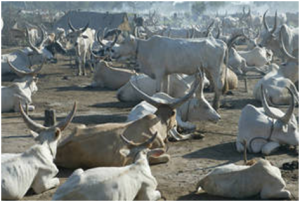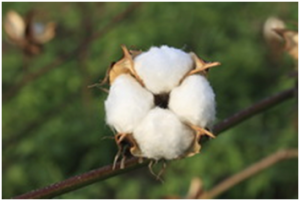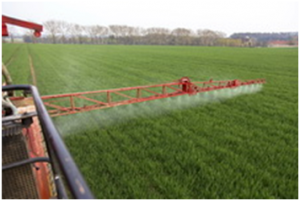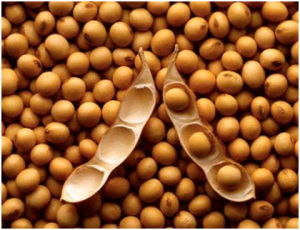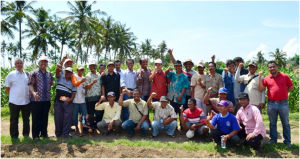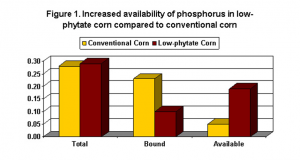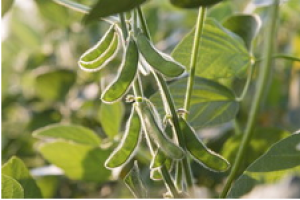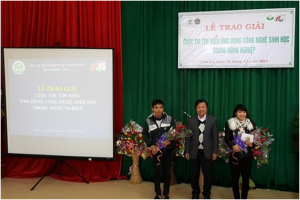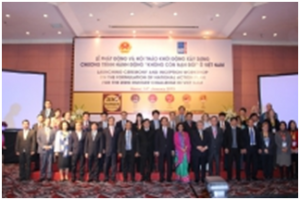|
The modern face of breeding programs: gender fatigued no more
Thursday, 2017/06/22 | 07:20:05
|
|
CGIAR May 22, 2017
Figure: Why is it that in Malawi, the three improved varieties of pigeon pea, which were developed with supposed market-desired traits, received zero levels of adoption? Whereas the local Nthawajuni variety spread throughout the country, dominating 80% of the planted area? Photo credit: Swathi Sridharan, ICRISAT. So, why didn’t this work?In Malawi, pigeon pea production, harvest, preparation and sale are all activities which are important to, and carried out by women. While these varieties may have been selected with market-desired traits, breeders did not fully appreciate the gendered preferences of their end-users, nor fully understand how they drive adoption and use.
Today, a renewed focus on gender, fueled by donors, has increased the research community’s awareness and appreciation of the diversity of end-users. Many plant and animal breeders have not just come to recognize the importance of end-users’ preferences but also the diversity of those preferences, which arise from their socioeconomic and cultural contexts.
Yet, despite this awareness, rarely are these preferences captured sufficiently to improve adoption. End-user preferences therefore, are critical to not only adoption and use but also ensuring the success of gender-responsive breeding programs. The coalition of the willingThis shared understanding of the importance of considering end-user preferences was a major topic of discussion at a Gender, Breeding and Genomics workshop led by the CGIAR Gender and Agriculture Research Network held in Nairobi last October. While there has been a long history of scientists realizing the importance of end-user preferences; for the CGIAR, this presented an opportunity to revisit its approaches and facilitate a dialogue between motivated scientists.
See more: http://www.cgiar.org/consortium-news/the-modern-face-of-breeding-programs-gender-fatigued-no-more/ |
|
|
|
[ Other News ]___________________________________________________
|


 Curently online :
Curently online :
 Total visitors :
Total visitors :
(35).png)


